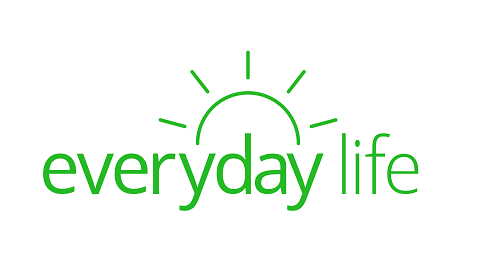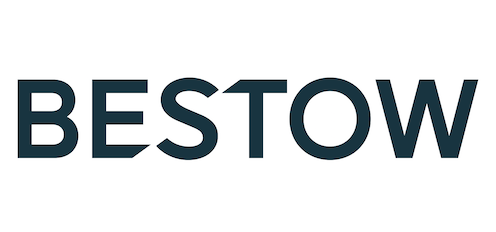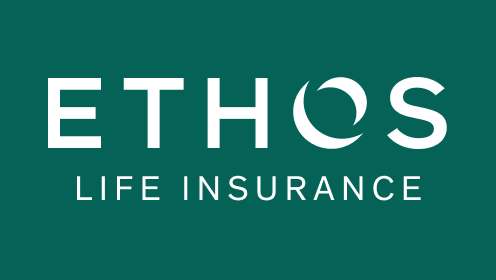No. Only the policyholder can “cash in” a life insurance policy. In some cases, the beneficiary might also be the policy owner, in which case he can access the cash value.
A life insurance policy is comprised of three parties:
- The policyholder – the person who owns the policy and is responsible for paying the premiums.
- The insured – the person whose life is insured.
- The beneficiary – the person who receives the death benefit when the insured person dies.
Depending how the policy is set up, one individual can play more than one role. For instance, the policyholder can also be the insured, or the beneficiary can also be the policyholder. The insured, however, can never be the beneficiary.
The person who owns the policy controls all the decisions, including whether to borrow from any built up cash value or cash out the policy — or change the beneficiary. (The one exception to this is if someone has power of attorney over the policyholder. That person could make decisions regarding the policy.)
If you are simply a beneficiary, you do not have any say over the life insurance policy. You will receive any benefits assigned to you once the insured passes away. At that time, you’ll need to make a claim for your benefits and provide a death certificate to the life insurance company.
Here’s more about who’s who on a life insurance policy.
And, for clarification, not all life insurance policies have a cash value to “cash out.” Only permanent life insurance policies, like whole life and universal life, are considered cash value life insurance policies from which you can take out a loan against or withdraw its value; term life insurance has no cash value.
Find out more about cash value life insurance: show me the money.










